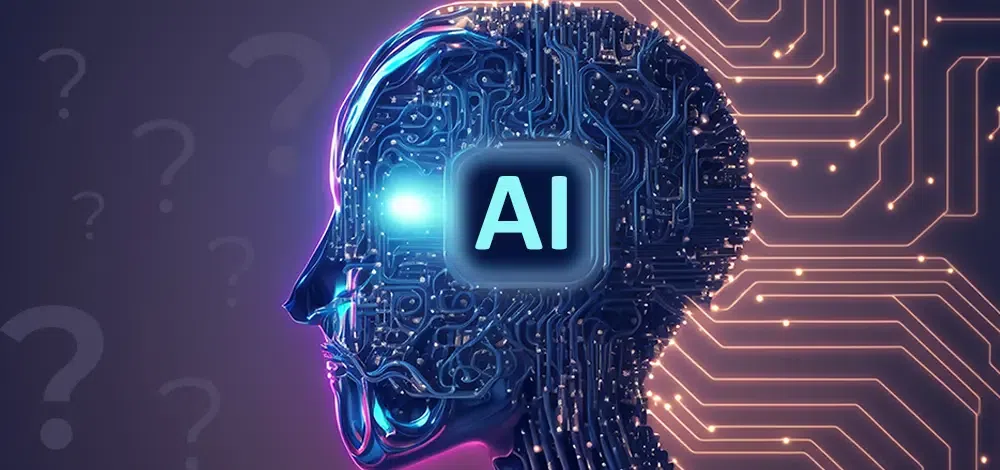Autonomous Agents and Profitability to Dominate AI Agenda in 2025, Executives Forecast
As we approach 2025, autonomous agents are set to revolutionize industries and define the future of artificial intelligence (AI). These self-operating systems, designed to perform tasks independently, are becoming pivotal for organizations aiming to achieve higher profitability and efficiency. In this article, we explore how autonomous agents are shaping the AI agenda and why executives are placing them at the forefront of their strategies.
What Are Autonomous Agents?
Autonomous agents are intelligent systems capable of performing tasks without human intervention. They utilize advanced technologies such as machine learning, natural language processing, and robotics to make decisions, adapt to environments, and optimize outcomes. Unlike traditional software programs, these agents operate with a high degree of independence, allowing businesses to streamline operations and reduce costs.
Key Features of Autonomous Agents
-
Self-Learning Capabilities: These systems continuously improve their performance by analyzing data and learning from outcomes.
-
Scalability: Autonomous agents can adapt to various tasks and industries, ranging from customer service to supply chain management.
-
Decision-Making Autonomy: With access to real-time data, these agents can make informed decisions quickly and accurately.
How Autonomous Agents Drive Profitability Enhanced Operational Efficiency
By automating repetitive and time-consuming tasks, autonomous agents free up human resources to focus on more strategic initiatives. This results in significant cost savings and increased productivity. For example, in manufacturing, autonomous agents monitor equipment, predict maintenance needs, and reduce downtime, leading to optimized operations.
Improved Customer Experience
In sectors such as retail and finance, autonomous agents are transforming customer interactions. AI-powered chatbots, for instance, provide 24/7 support, resolve issues faster, and offer personalized recommendations. This not only enhances customer satisfaction but also drives loyalty and revenue growth.
Data-Driven Insights
Autonomous agents analyze massive volumes of data in real time, delivering actionable insights that help organizations make better decisions. In healthcare, for example, these systems assist in diagnosing diseases, recommending treatments, and predicting patient outcomes.
Key Industries Leading the Adoption of Autonomous Agents Manufacturing
The manufacturing sector is at the forefront of autonomous agent adoption. From robotic process automation (RPA) to AI-driven quality control systems, manufacturers are leveraging these agents to enhance precision, reduce waste, and increase output.
Healthcare
In healthcare, autonomous agents are used for predictive analytics, patient monitoring, and even robotic-assisted surgeries. These innovations are improving patient outcomes and streamlining workflows for medical professionals.
Finance
Financial institutions employ autonomous agents for tasks such as fraud detection, risk assessment, and personalized financial advice. These systems ensure faster transaction processing and greater security, fostering trust among customers.
Logistics and Supply Chain
Autonomous agents optimize logistics by predicting demand, managing inventory, and coordinating transportation. This leads to reduced costs and improved delivery times, giving companies a competitive edge.
Challenges in Implementing Autonomous Agents
While the benefits are substantial, integrating autonomous agents into existing systems poses challenges:
-
Data Privacy and Security: Ensuring the confidentiality of sensitive data remains a critical concern.
-
High Initial Investment: Developing and deploying autonomous agents require significant upfront costs.
-
Workforce Displacement: Automation may lead to job displacement, necessitating reskilling initiatives.
-
Regulatory Compliance: Organizations must navigate complex regulations to avoid legal pitfalls.
Future Trends: Autonomous Agents Beyond 2025 AI and IoT Integration
The integration of autonomous agents with the Internet of Things (IoT) will enable smarter and more connected systems. For instance, smart cities will rely on these agents for traffic management, energy optimization, and public safety.
Advancements in Robotics
Cutting-edge robotics powered by autonomous agents will redefine industries such as agriculture and construction. These machines will handle complex tasks with minimal human oversight, boosting efficiency and innovation.
Ethical AI Development
As autonomous agents become more prevalent, ethical considerations will take center stage. Organizations must ensure transparency, accountability, and fairness in their AI systems to build trust and avoid bias.
Conclusion
The rise of autonomous agents marks a transformative era in AI. By driving profitability, enhancing efficiency, and unlocking new opportunities, these systems are reshaping the business landscape. Executives forecasting their dominance in 2025 understand the strategic value of investing in autonomous agents today.
To stay ahead, organizations must embrace innovation, address implementation challenges, and commit to ethical AI practices. The future belongs to those who leverage autonomous agents to their fullest potential.
If you want to read more information about how to boost traffic on your Website just visit --
.svg)
.svg)

 For Instructor
For Instructor
